In this interview, WordsWorth spoke with ABC News Anchor, New York Times bestseller, and Moorestown Friends School alumna Linsey Davis. Davis talked about her experience as a reporter co-moderating the only presidential debate between candidates Kamala Harris and Donald Trump, as well as the state of journalism in America and what people should be paying attention to as Trump transitions into his second term as President. Additionally, after publishing her sixth book this past year, Davis spoke about why she was inspired to empower young girls with her writing.
Note: This interview, which has been edited for length and clarity, was conducted over Zoom.
Chloe Marshall Question: During a busy time leading up to Inauguration Day, what does your week look like as a reporter?
Linsey Davis Answer: I work a day or two ahead. So, the funeral for Jimmy Carter is [upcoming]. So, that’s at the forefront of my mind right now for that coverage. The following week, we’ll get a little bit more into the preparation for the inauguration, but we’ll be going down to Washington D.C. for that, of course. The good thing is, with inaugurations, once you’ve prepared for one, you have all that back knowledge that’s there, it just needs to be refreshed. Basically, when you’re bringing the history and tradition of it in every four years, it’s kind of the same thing. So the more you do, the more you’re already naturally prepared and ready to go.
CM: You did everything last year from publishing your sixth children’s book to co-moderating the only debate between Vice President Kamala Harris and former President Donald Trump. How are you feeling about this past year, and what were some of your proudest moments and maybe some of your more challenging moments?
LD: You know, I think that going into an election year, especially the last two in particular, where there’s been both parties saying “democracy is on the line,” you start to get a sense of just how significant and meaningful the election is. So, once it was announced that I’d be co-moderating the debate with David Muir in May — it was announced in May, and then we didn’t have the debate until September — it really did feel like an intense amount of pressure. At the time, we thought we’d be the second debate between Donald Trump and Joe Biden; we didn’t realize we’d be the only debate between Kamala Harris and Donald Trump.
“I’ve been a journalist for 25 years, and I’ve never seen a news cycle that just was so rapid and ferocious…”
… with regard to the intensity and the magnitude of what was happening fairly regularly. You’d have an attempt on Donald Trump’s life, Joe Biden bowing out of the race, and another attempt on Donald Trump’s life. These two very significant debates, the first one with CNN, and then the next one with us on ABC, just felt really intense in a way that I have not experienced in, like I said, my quarter of a century covering the news cycle, so it’s been a lot.
The preparation took up a lot of my summer for the debate, and it was always a question of, is [the debate] going to happen? Is it not going to happen? But we just had to proceed as if it was going to, because it’s better to be prepared and it not happen than [the debate] happen and you’re not prepared. And then, of course, there was a lot of backlash on the other side of the debate. That was obviously difficult, but I guess it’s to be expected. With debates, quite often, it’s a thankless job. You know that half the people think you did a good job, and another half think you didn’t. I guess that’s the way it goes.
CM: How do you deal with the haters?
LD: You know, I don’t really deal with the haters. People are gonna hate, so I let them get it off their chest without my response. If people have a certain mindset that they feel upset about a job that we have done, I don’t think that we can convince them necessarily otherwise. So, I let them kind of spew, and hopefully, they feel better after they’ve gotten it off their chest. I mean, I know with whatever I do, I go in with a lot of preparation and put a lot of thought and time into whatever coverage I’m doing at any time, and I’m always doing my best, so that may not be good enough for some people, but at the end of the day, that helps me to sleep better at night.
CM: What do you do to help you feel prepared for a high-stakes environment like the presidential debate?
LD: I think it’s, for me, equal parts preparation and prayer. I’m a spiritual person and a person of faith, and a lot of times I think I can find courage in believing that God has my back. He wouldn’t bring me to something that I’m not prepared for.
There’s a lot of reading. There’s a lot of practice that goes into it, a lot of talking, hashing out, thoughts with people who have different opinions from me, just to see which way we should go, [decide] what’s most important. I don’t ever want to consider that I might have the best read on the temperature of the country and what the most important issues are. I want to get a sense of that from multiple voices and then go forward.
But, a lot of it really just is studying; just hitting the books. I normally have a big three-ring binder whenever I go into debate prep mode. If we’re going to talk about abortion, what has each candidate said about abortion? What have they ever talked about as far as what they plan on doing legislation-wise? Have they had a change of heart? Has their opinion evolved? So whatever topics I’m going to tap into, I’m just going to read into anything that they’ve ever said about the issue.
CM: How does that feel when you have direct quotes from someone saying they hold a certain opinion, and then they say something contradictory on stage or during an interview?
LD: That tends to be something I do; I bring up people’s words in the past to them. So, I’ll have a quote, I’ll have the day they said it, I’ll have this forum where they said, ‘but just two years ago, you said this. Can you explain the change that we’re hearing today?’ So, yes, I definitely like to bring people’s own words up to them.
CM: Is there something you wish people knew about you after watching the debate?
LD: You know, I think that there are people who I just won’t be able to convince, but I would like for people to know that I’m going in fairly. I’m not going in with a dog in the fight. I’m going in and I’m just asking questions.
“It’s what I do on our show every night. I might give people a hard time, but I’m giving them a hard time on both sides.”
If we have a Republican on one night, I’m going to challenge them. If we have a Democrat on another night, I’m going to challenge them. If we have an Independent on the next week, I’m going to challenge them. And so I think that you have to just go throw away your preconceived notions about what you think about me, and realize that she was actually pretty tough on this other person, too. But I do think I’m fair; I think that I’m tough, but fair.
CM: How do you view your role in media?
LD: I consider myself a public servant, and I feel like I’m given the opportunity to sit across from people of various persuasions. Whether they’re entertainers or politicians, I get to ask questions on behalf of the American people — on behalf of citizens of the world. I’m always trying to think, what would the average Joe, the people in the community, want to know about this and want to express to this person? My job is to try to cut through the noise, get to the heart of the issues, and hold people accountable.
CM: What should people pay attention to as Trump takes office?
LD: What I’m really interested in is how this administration is going to be different from four years ago. I think that we’re already starting to be able to read some of the tea leaves. His choices for his cabinet have been really different from his first term as President. Before, he seemed to rely more on the tried and true insiders for different tasks and now it seems that he’s going more with loyalists. What will that ultimately mean for the country? I’m reluctant, as a journalist, to opine about what it might be because I’m more of the mindset that we should just observe, watch, and ask the important, pertinent, timely questions as they come.
It’s just so new at this point. I mean, today, he was talking about potentially using the military or economic sanctions to try to take possession of Greenland or the Gulf of Mexico or the Panama Canal. It’s very ambitious what they’re trying to do in the upcoming administration, but it’s so much that we really don’t know how it’s going to play out. We will all witness it in real time together.
CM: What should reporters be keeping in mind at this time?
LD: Now more than ever, journalism is important. With the news of [Meta] deciding they’re not going to fact check anymore, I think there could be a lot more confusion. There already is confusion with AI becoming more front and center, so there’s a lot of concern about what’s real and what’s not. Cling to the truth and really search and seek out fact from fiction, I think it’s going to be more important than in my time here on this planet.
I’ve never known a time of so much uncertainty and distrust of the media, and I think that’s potentially concerning.
CM: Transitioning into talking about your experience as an author, what prompted you to write books that focus on empowering young girls and, because you’ve talked about this before, why is it important for young boys to have strong female figures in their lives as well?
LD: I have an almost 11-year-old son, and he’s the first person who inspired me to write books — I have six books, and my sixth was about girls of the world, and really empowering girls — but I really started listening to him have this idea based on what he’s hearing from society and friends about “girls do this and boys do that.” And putting the genders in different boxes, and drawing a line, like, oh, “that’s for girls.” Growing up myself, knowing the certain kinds of statements that would be made, like, “boys will be boys,” means that any behavior they have is okay. But meanwhile, you know, ‘you throw like a girl,’ which means you’re a bad thrower.
“I think that quite often we live in a society that really celebrates and honors our boys in a way that girls are not given that same praise and freedom.”
And so [writing books is] just me really wanting to give girls that permission to think outside of that box; don’t be in the box!
It’s funny, because, my son said, ‘When are you going to write a boys empowerment book?’ and I was like, that’s your life every day. Boys are empowered every day. And so, it was kind of just observing him and his friends that made me think girls could benefit from this kind of self-awareness and assurance to be strong and be bold. I think that those are the kinds of words that are not often associated with girls, and I just felt like it was time to put them in the pages of a book.
CM: Have you talked to your son about your career and sexism that you may have faced?
LD: He’s 10, so I haven’t really gotten into that aspect of it but I do talk to him on his level about why he would have a certain mindset or expectation. For example, I was trying to show him how to make waffles and so I was saying ‘it’s so easy to just make the batter and then pour it into the waffle maker’ and he said, ‘No, I don’t need to learn how to do that,’ and I said, ‘Why? When you get older, who’s gonna make this?’ He said, ‘My wife is gonna cook.’ So, I thought that those kinds of things needed to be dispelled for him. We talk about those kinds of things on that level that I think is most age appropriate.

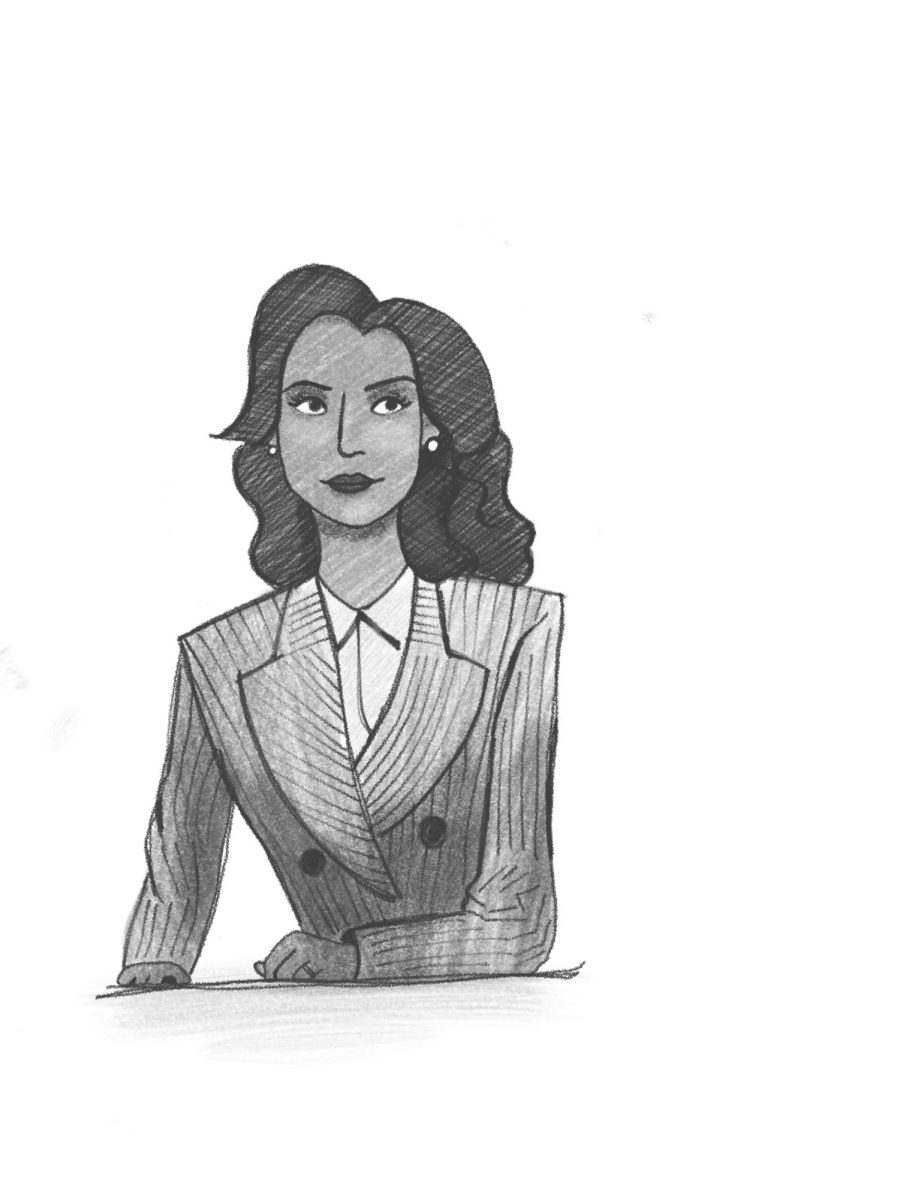
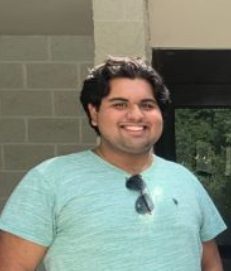
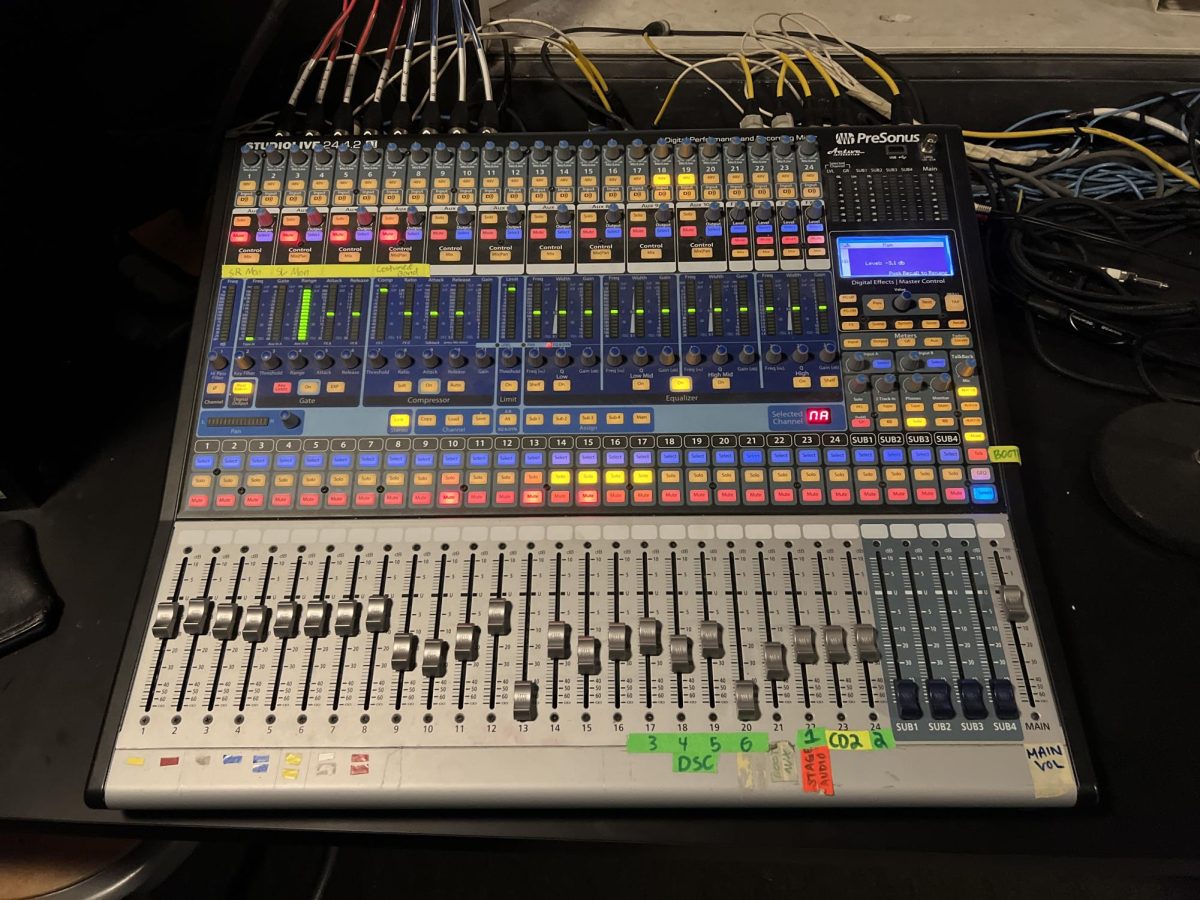
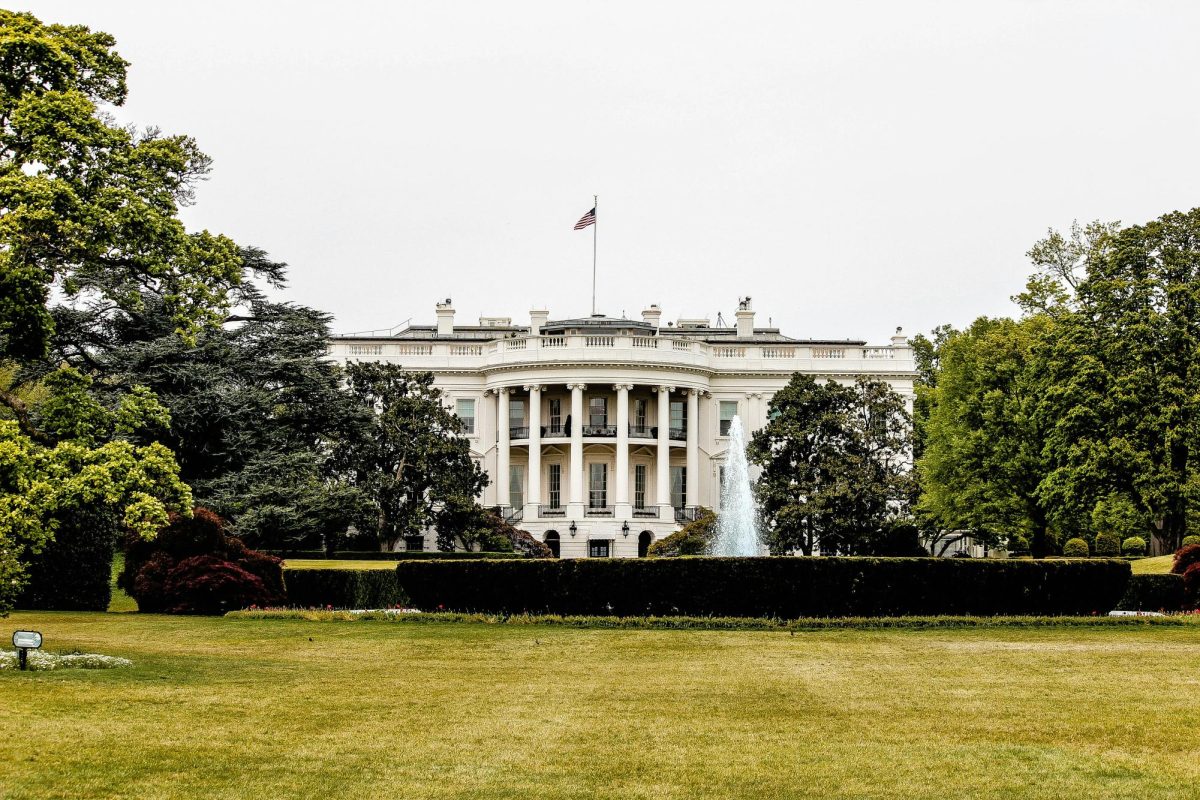

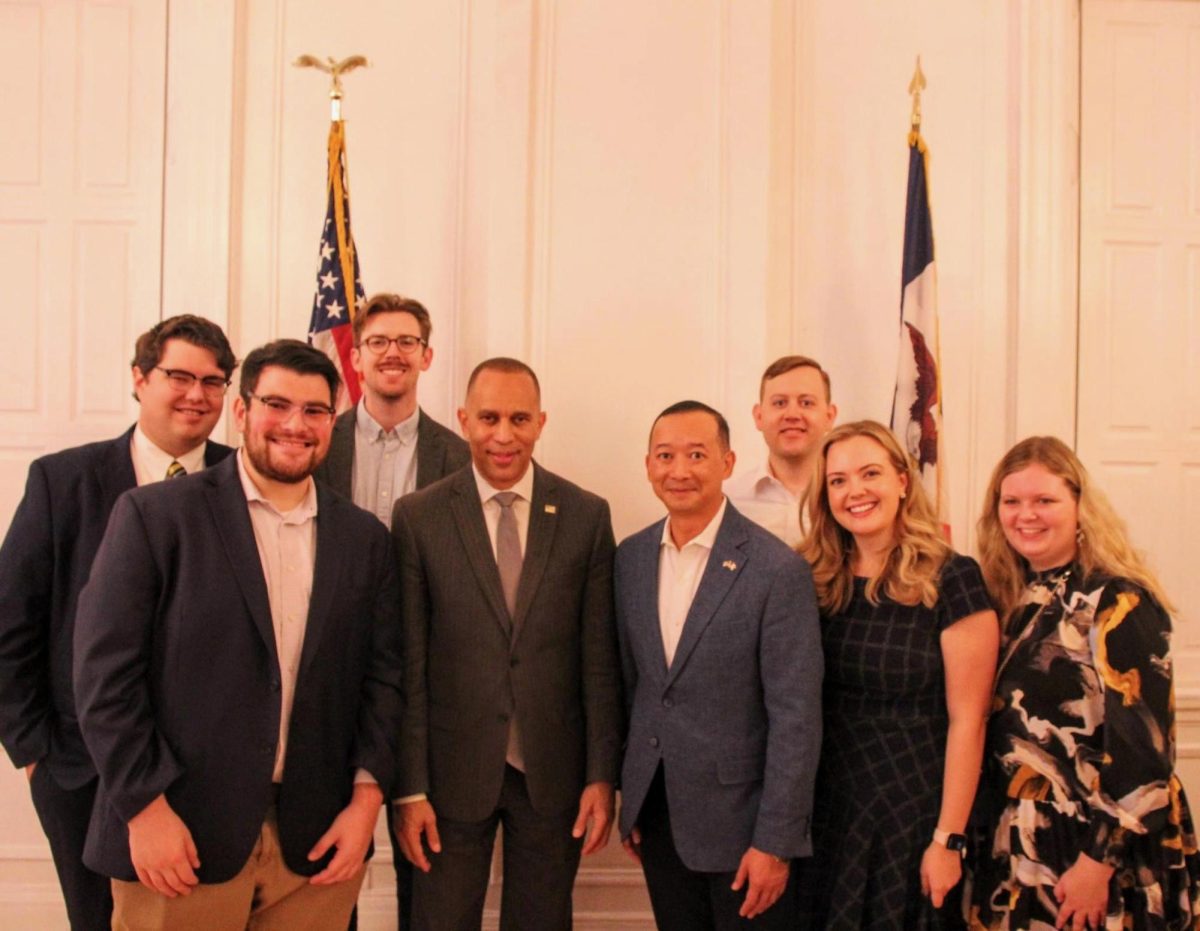
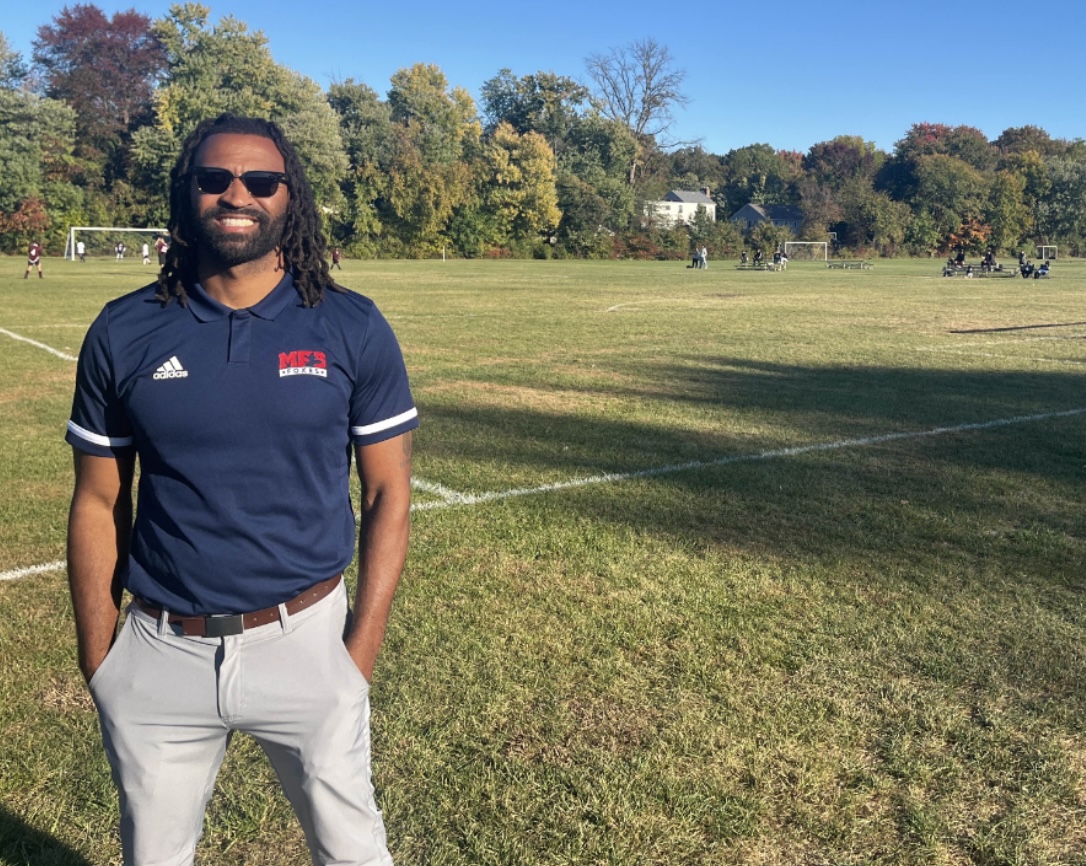
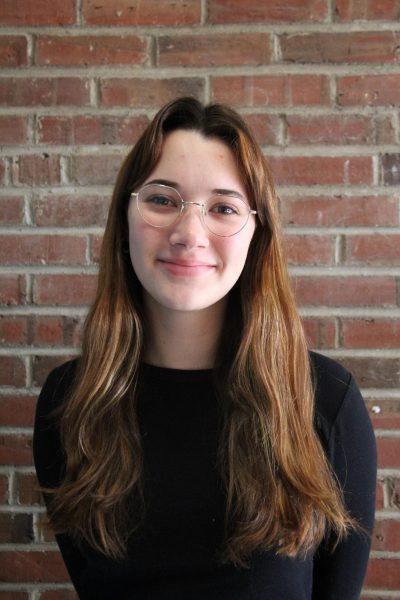
Nicole M • Feb 11, 2025 at 8:20 pm
Terrific interview! Good questions and interesting conversation with L.D.